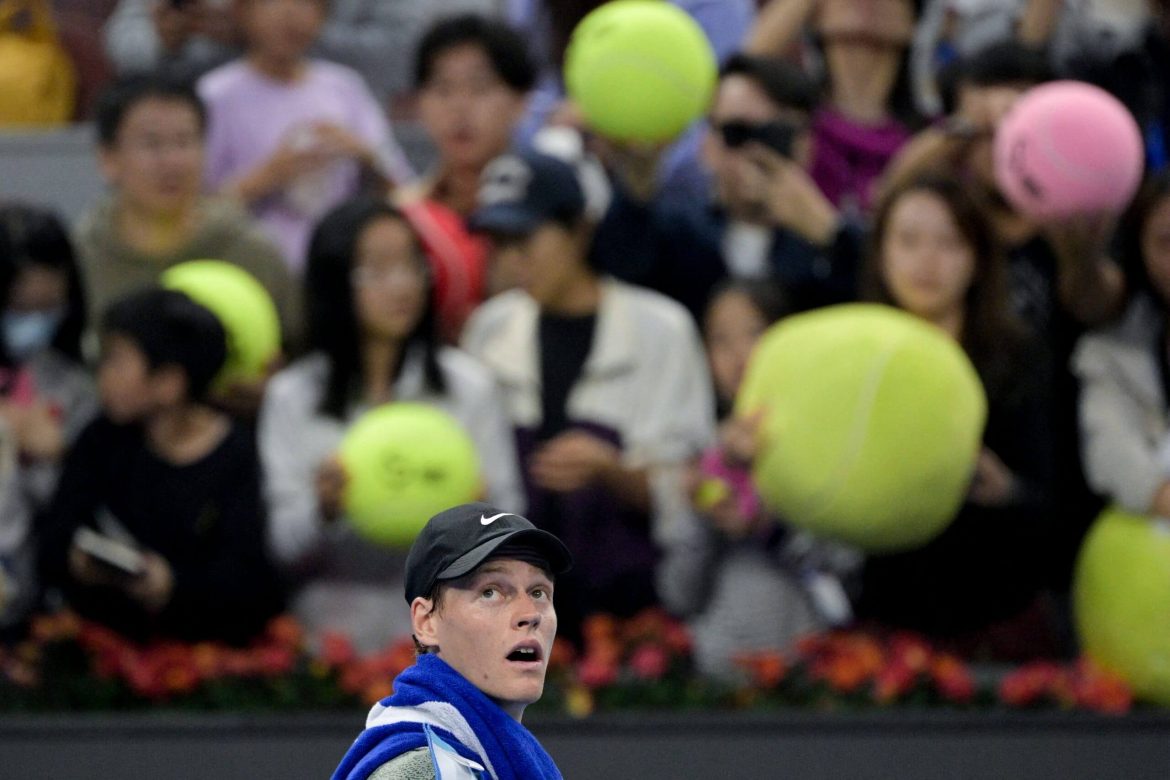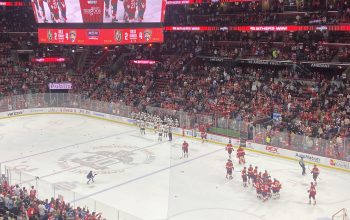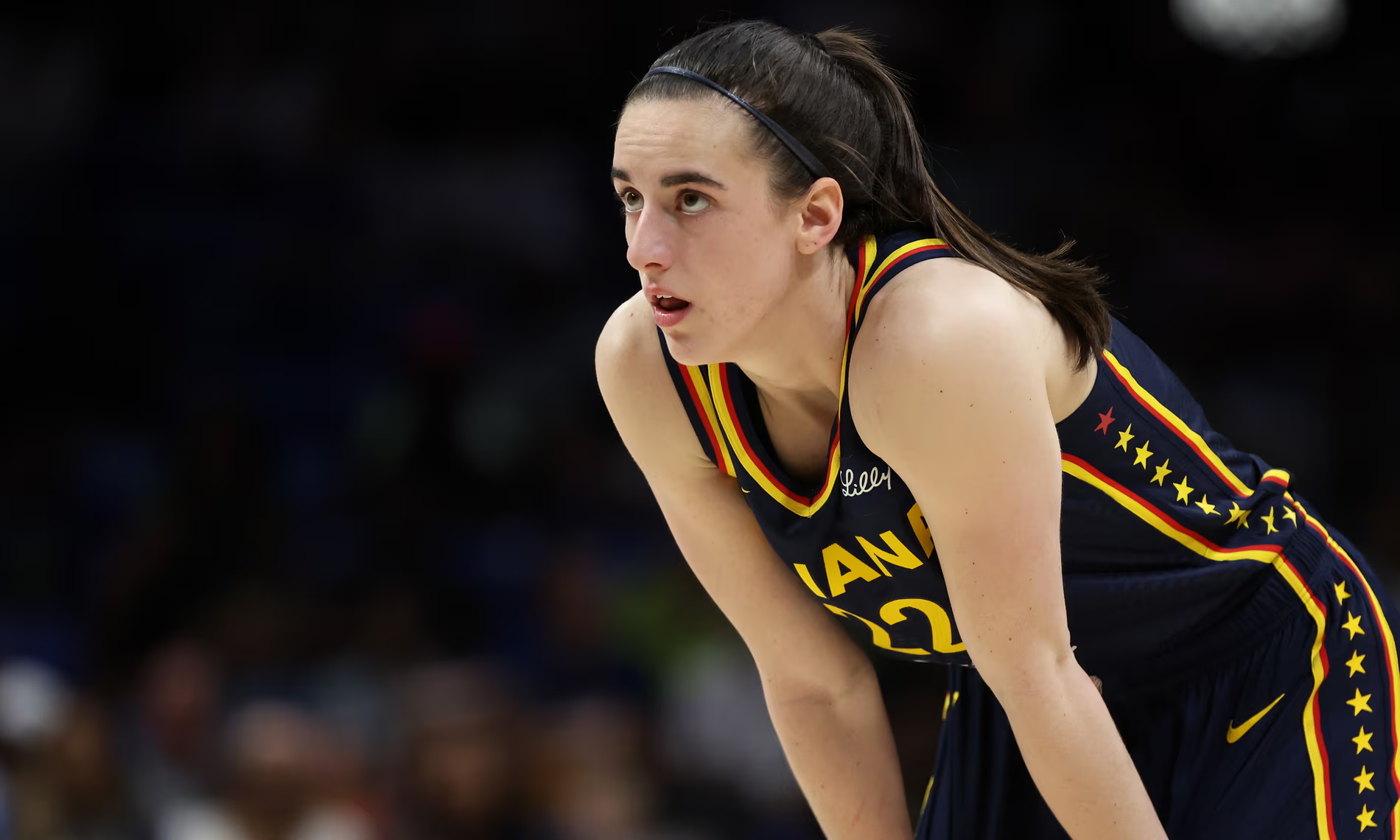Illustration Credit: The New York Times
Jannik Sinner’s doping case fuels controversy and questions.
Darian Trabold, Editor-in-Chief
On August 20th, just a week before the U.S. Open began, Italian tennis star and world number one Jannik Sinner revealed via social media that he had tested positive for the banned anabolic steroid clostebol twice, during Indian Wells in March. The announcement came as a shock to many as no one was aware this was happening. This case remained confidential for months, and Sinner was allowed to compete during the investigation—a rare privilege in such cases. Although Sinner was cleared of any wrongdoing, his case reveals discrepancies in how big stars in the sport are treated compared to others.
The International Tennis Integrity Agency (ITIA) handles doping cases in tennis in accordance with the Tennis Anti-Doping Program (TADP). Clostebol, what Sinner tested positive for, is an anabolic steroid found in many over-the-counter ointments and sprays (like Neosporin) sold in Italy. Sinner claims the clostebol entered his system unintentionally following a massage from his physiotherapist, who had used an ointment to treat a cut on his hand and then gave Sinner a massage with no gloves causing the unintentional contamination. When Sinner and his team were notified of the positive test, they appealed the provisional suspension explaining the unintentional contamination which ITIA accepted, allowing Sinner to continue playing while the matter was investigated without the public’s knowledge. While all proper TADP protocols were followed, there were key decisions that shielded Sinner from the same scrutiny and stress other players in similar situations felt. The reaction of other players surrounding the case reflects the frustration many players feel surrounding double standards in tennis.
Former World No.1 and Grandslam champion Simona Halep found herself in a similar situation to Sinner. In her case, the ITIA did not accept her explanation for unintentional contamination, and she was given a four-year suspension which was reduced to nine months following an appeal to the Court of Arbitration for Sport (CAS). However, she had already served almost two years of the ban by the time it was reduced. When Maria Sharapova was accused of doping, she also went through a lengthy process to have her ban reduced while at the same time dealing with the loss of sponsorships and damage to her reputation. Despite both women being successful, they were not at the peak of their popularity; unlike Sinner who was having his best year to date. Reacting to Sinner’s case Halep said, “It was judged in a completely different way to my case.”
While there certainly needs to be reform in the process for handling doping, that is fair and equitable, this case also highlights the frustration many players feel in regard to the favorable treatment star players get in all aspects of the sport. Co-founder of the Professional Tennis Players Association (PTPA) and 24-time Grandslam champion Novak Djokovic in his reaction to Sinner’s case highlights how costly these cases can be. Star players can hire the best lawyers to get their cases resolved quickly, whereas others cannot. Tennis is an expensive sport, with tournaments happening all over the globe, and many players are struggling to survive. Players have to pay for their travel, accommodations, coaches, and many other expenses themselves. Add on a doping case and many players cannot afford the additional costs and are often forced to serve the suspension or unable to fight the provisional ban which leaves them unable to compete and earn a living while the case is slowly investigated.
Tennis benefits from superstars like Serena Williams and Roger Federer. They draw in big crowds – even in early-round matches – and bring in TV ratings. They have rightly earned their spots as superstars, winning tournaments and drawing increased interest in the sport. However, it does not stop resentment when they receive preferential treatment. Top players are scheduled on the show courts like Arthur Ashe Stadium which means when a rain delay occurs, they are not affected because they can just close the roof. If a top player has a concern, it is handled swiftly. This preferential treatment is exacerbated in a situation where integrity and doping are involved as it seems the sport will protect its stars but not others. Players are using Sinner’s case to criticize the system, with the hopes of creating a more fair and equitable sport.




